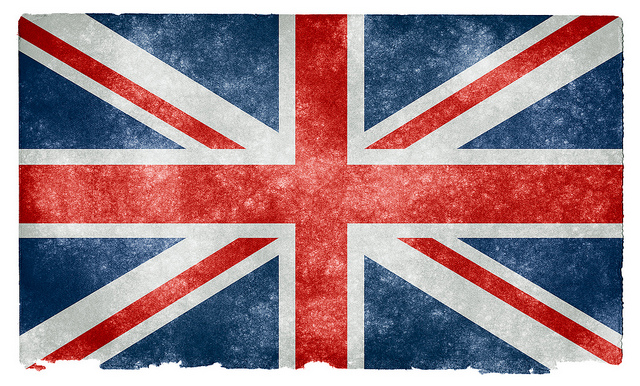The origins of English Posted by Gabriele on Apr 12, 2016 in Culture, English Language
English is a language with an interesting history and evolution. What do you know about the history of the English language? If you want to know more about how English came to be the language it is today read on.
English is a Germanic language that was first spoken in the country that is now England in the 500s CE. The English that was spoken then, “Old English” is very different from the language we now call English. Over many years the language has evolved on its own and incorporated words and grammar from other language into its structure.
To find the oldest language with a connection to English we have to travel back 5,000 years to southeastern Europe. Linguistic historians report the first known origin of the English language was a language known as Proto-Indo-European (an extinct language). This ancient language is actually believed to be the great-grandfather of many European languages, including ancient German and the ancient Latin.The English language is related to this long-gone language (Proto-Indo-European) through ancient German.
The evolution of the English language is also connected to the many invasions of the islands of Britain, where English grew as a language. The invaders of the British Isles lived along the northern coast of Europe. Germanic invaders and settlers from what is now northwest Germany and the Netherlands were some of the most influential in making English the language it is today. Different groups of invaders traveled to England and included: the Anglos, the Saxons, and the Jutes. These groups of people met the Celts, who were already living on the British Isles…and of course they all fought each other.
The Celts lost most of these fights (the Celts that didn’t die in these battles are the ancestors of the people of Wales). Over time the Saxons, Anglos, and Jutes mixed together, and mixed their languages together too. They created the language known as Anglo-Saxon or Old English. Old English is very different from modern English and almost impossible for a native English speaker today to understand. A classic piece of literature from this time is called Beowulf. Beowulf is the story of a great king who fought against monsters.
England was not done with invasion after the Anglos, Saxons, and Jutes though. The Vikings from Denmark, Norway, and other northern countries were the next to invade the British Isles and influence what would become the English language we know today. Many English words used today come from these ancient Vikings. These words include: “sky,” “leg,” “egg,” and “take.”
The next invaders of England and influencers of the English language were the French-speaking people of Normandy. Many English words come from the Norman-French, including: “prison,” “justice,” and “marriage.” During and after the time of the Norman-French invasions, the English language became known as “Middle English.” It was no longer the Old English of the past, but it still wasn’t the modern English of today. The most famous piece of literature from this time period is called “The Canterbury Tales.” This is a collection of poems about people traveling to the town of Canterbury in England.
From the time of Middle English (1200–1450 CE) to today English has continued to develop. One of the most famous writers in early modern English was Shakespeare. If you read his poems and plays you can see English has changed a great deal from his time (the 1500s) to today. The changes in the English language from then to now are not from invaders. These more recent changes were part of the natural evolution of the language. Over time sounds change, spellings change, and new words are added to all languages.

Example of Old, Middle, and (2 examples of) Modern English. Image from https://web.cn.edu/kwheeler/diagram_4English.html used for educational purposes.
As you can see English is a language with an interesting and vibrant history. Changes in the English language are not all in the past though, the language continues to evolve and change today. The spread of the English language around the world is part of this change. Who knows how different the English language will sound in a few hundred years?
Now that you have read about the history of the English language, why not watch a short video about it? This video will introduce you to new information about the history of the English language and also reinforce what you have just learned.

Build vocabulary, practice pronunciation, and more with Transparent Language Online. Available anytime, anywhere, on any device.
About the Author: Gabriele
Hi there! I am one of Transparent Language's ESL bloggers. I am a 32-year-old native English speaker who was born and raised in the United States. I am living in Washington, DC now, but I have lived all over the US and also spent many years living and working abroad. I started teaching English as a second language in 2005 after completing a Master's in Applied Linguists and a Certificate in English Language Teaching to Adults' (CELTA). Since that time I have taught ESL in the United States at the community college and university level. I have also gone on to pursue my doctorate in psychology and now I also teach courses in psychology. I like to stay connected to ESL learners around the world through Transparent Languages ESL Blog. Please ask questions and leave comments on the blog and I will be sure to answer them.




